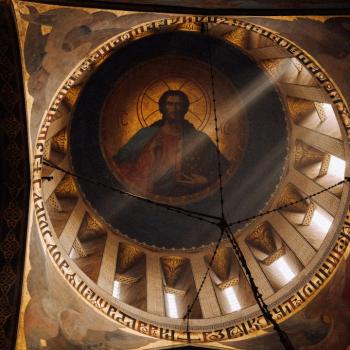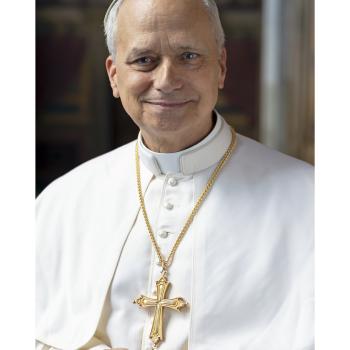By looking at the role of human dignity, Dignitas infinita helps us understand what determines a person’s worth. The recently released document places human dignity as the foundation of what is appropriate and inappropriate human behavior. By doing so, the Church shows herself to be mater et magistra, mother and teacher. Parents do essentially two things for their children. They express unconditional love and instruct on the differences between good and bad behavior. The recent papacies of Pope Benedict XVI and Pope Francis as a balancing act between these two parental roles.
After having established the philosophical and theological foundations of “infinite human dignity” in the first few paragraphs, the document it goes on to outline the development of the concept of human dignity in classical, Biblical, Christian, and contemporary thought.

Dignity in Classical Thought
In classical thought, dignity is a central theme but varies according to station in life. Dignity was part of the fabric of society and helped individuals to understand their relationship to the whole. However, this classical line of thinking lacked an innate sense of dignity for each human person. Because dignity was related to station in life, all social interactions were directed by the relative dignity of the respective parties instead of a supposed estimation of actual individual worth.
Biblical View of Dignity
The Biblical view of human dignity offers a significant contrast, placing its foundation in our being created in the image and likeness of God. If dignity comes from being created by God, it follows that dignity is infinite and present equally in all human beings, just as God is infinite and omnipresent. God’s creating act establishes humans within the context of everything that exists. God gives all human beings an equal footing regarding dignity. In God’s original plan, the distinction between male and female does not even hint at a distinction in dignity. Sexual difference allows humanity to make God present in a more complete way. There is no suggestion that one sex is superior to the other; rather, Genesis presents the two sexes as complementary.
In their relationship of equality and mutual love, both the man and the woman represent God in the world and are also called to cherish and nurture the world. (Dignitas infinita, 11)
Dignity of Both Male and Female
Neither man nor woman on their own could present the fullness of the characteristics of God the Creator. Together, God calls them to cherish and nurture the world. He sets up a Biblical reflection on the role of humanity regarding nature, as discussed in Pope Francis’ encyclical, Laudato Si’.
When the Old Testament authors reflect on human dignity, they are expounding on the first theories of human rights, forming a
manifesto of human dignity, particularly in favor of the threefold category of the orphan, the widow, and the stranger (Dignitas infinita, 11).
The Biblical view of these categories of people served as a contrast to the rest of ancient society. This worldview foretells a more humane morality coming into the world.
Born and raised in humble conditions, Jesus reveals the dignity of the needy and those who labor. Then, throughout his public ministry, he affirms the value and dignity of all who bear the image of God, regardless of their social status and external circumstances. Jesus broke down cultural and cultic barriers, restoring dignity to those who were “rejected” or were considered to be on the margins of society (Dignitas infinita, 11).
Universal Role of Jesus
This is a beautiful description of Jesus and establishes why he is a Savior for all peoples and not just one determined group or race. He showed by example how to break cultural barriers to encounter the people of his time. He saw worth in every human person.
Continuing Christian Thought on Dignity
Christian thought further developed the idea of human dignity, finding a certain climax in the doctrine of St. Thomas Aquinas. As such, we can consider human dignity as a synthesis of medieval thought about what constitutes a “person.”
St. Thomas Aquinas attested to this when he affirmed that “‘person’ signifies what is most perfect in all nature—that is, a subsistent individual of a rational nature” (Dignitas infinita, 13).
Christian thought continued to develop and left traces even in modern thinkers like Kant and Descartes. In the present era, we see that dignity “is mainly used to emphasize the uniqueness of the human person, incomparable to all other entities in the universe” (Dignitas infinita, 14). It is in this sense that the term appears in documents from the United Nations, notably the 1948 Universal Declaration of Human Rights.
Beyond Personal Gifts and Qualities
Dignity does not depend on personal gifts or qualities; if it did, authorities or others could withdraw dignity from anyone at any time. This would be a merely conditional dignity and not worth much in the debating of human rights. If we can recognize a growing awareness of the inherent human dignity of every individual, we owe much of it to the Biblical worldview and consequent Christian writings on this great reality.
The Church is both Mother and teacher. She is always concerned with the wellbeing of her children and that of the entire world. She recognizes worth in every one of God’s creatures and does her best to defend it.
What do you think? Comment below.
Subscribe to the newsletter to never miss an article.













